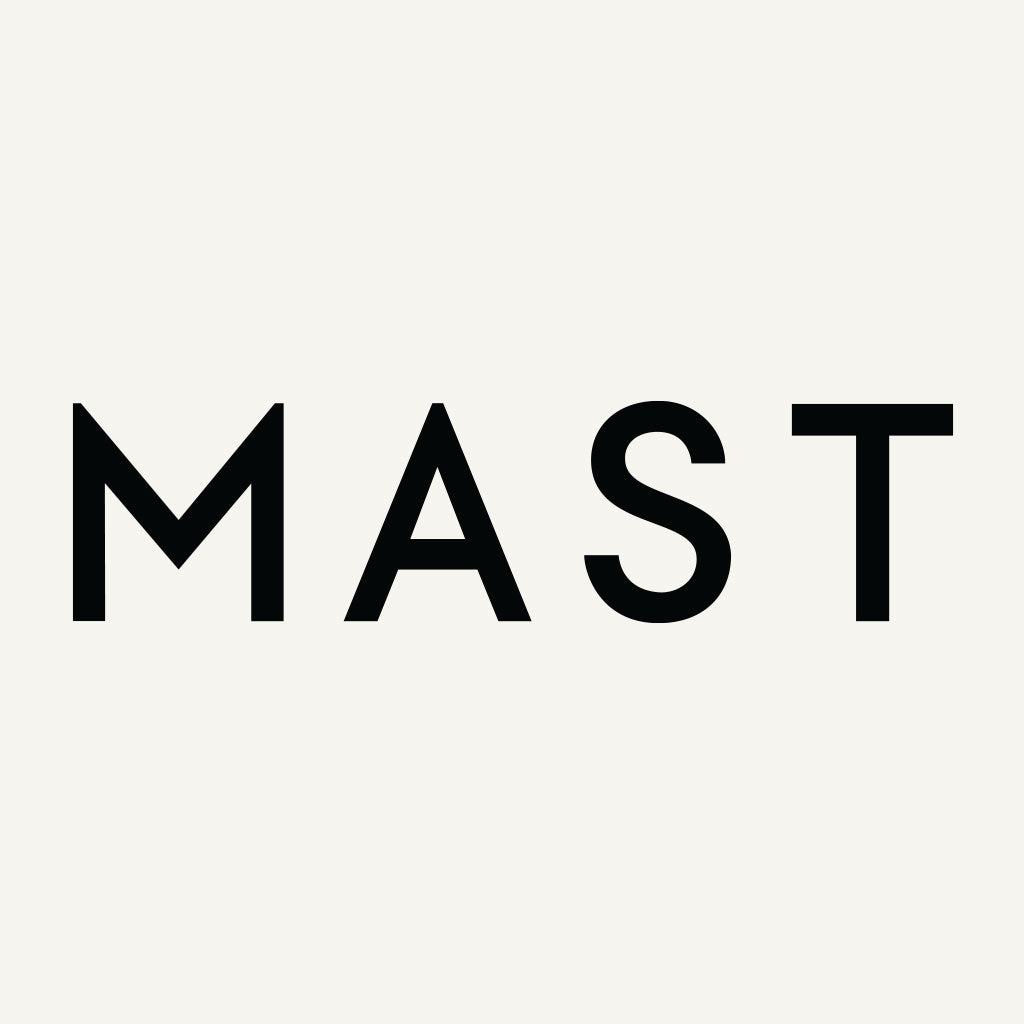Charley Cummings is Growing Change
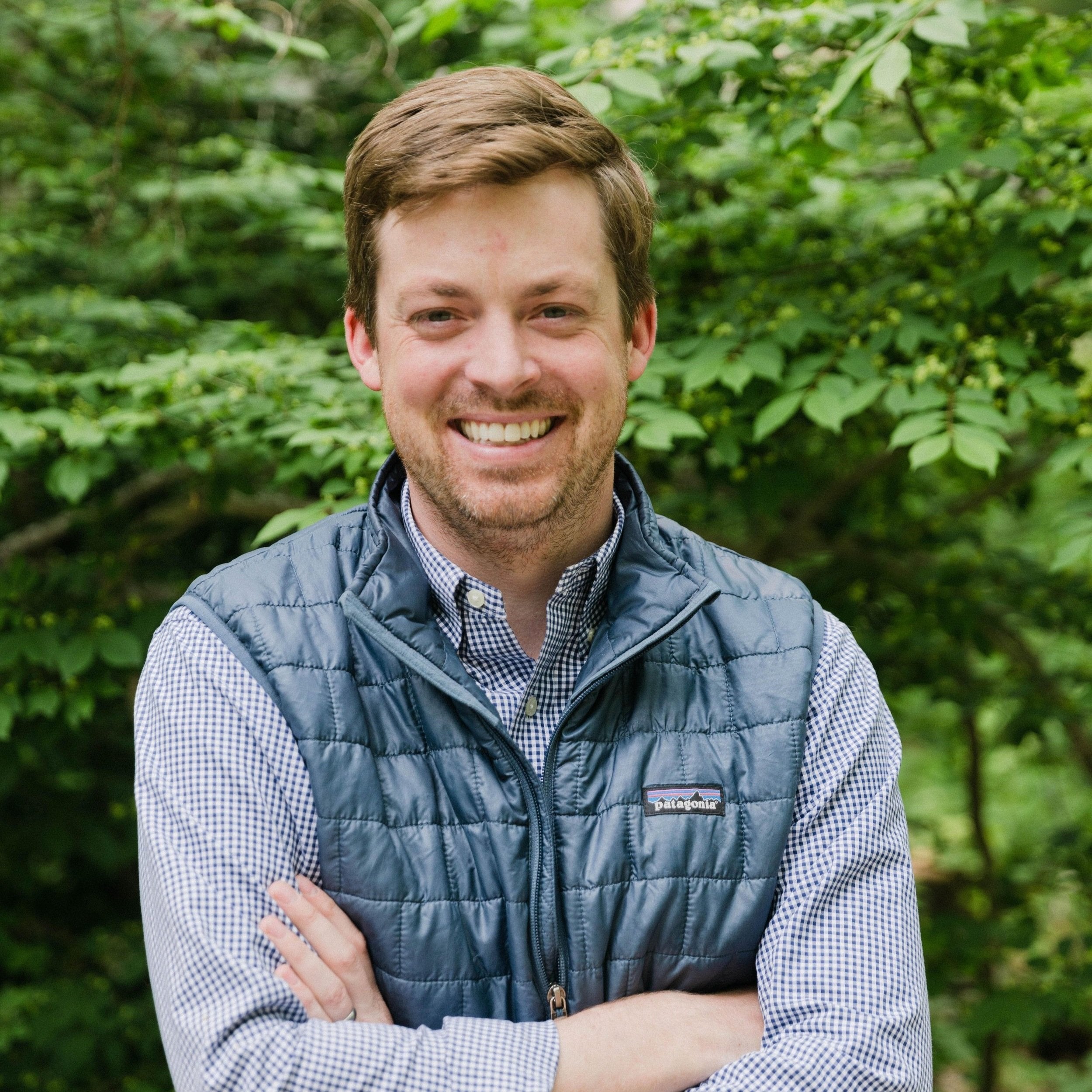
Recently, Mast Market started banking with Walden Mutual, a new bank that is dedicated to funding a more vibrant and more sustainable local food ecosystem in the northeast. It accomplishes this mission by accepting deposits from individuals and businesses that want to align their money with impact. Their dollars then support the other side of the bank’s balance sheet, which lends exclusively to members of the food ecosystem, like production farms, distribution manufacturers, consumer brands, community organizations, and more.
For founder and CEO Charley Cummings, establishing Walden Mutual was an obvious choice. He had spent nearly a decade running his own pasture-raised meat company, Walden Local, which was frequently lending money to its supply chain partners. “The concept of the bank naturally flowed from there,” he explains. “The more I dug into it, the more clear it became. There were no remaining banks in the region that had practice areas in food and agriculture because agriculture in the northeast had been a story of decline for many decades.”
Once Charley noticed the resurgence of small farms led by young farmers in the area, he created Walden Mutual to meet their financial needs. “The number of farms here is increasing, the average age of farmers is decreasing, and the average size of farms here is going down,” he shares. “All of those things indicate that this part of the country really has a claim to be the center of the local food movement. That was the genesis of the bank.”
Here, Charley shares more about how Walden Mutual functions—and how the bank truly benefits everyone involved.
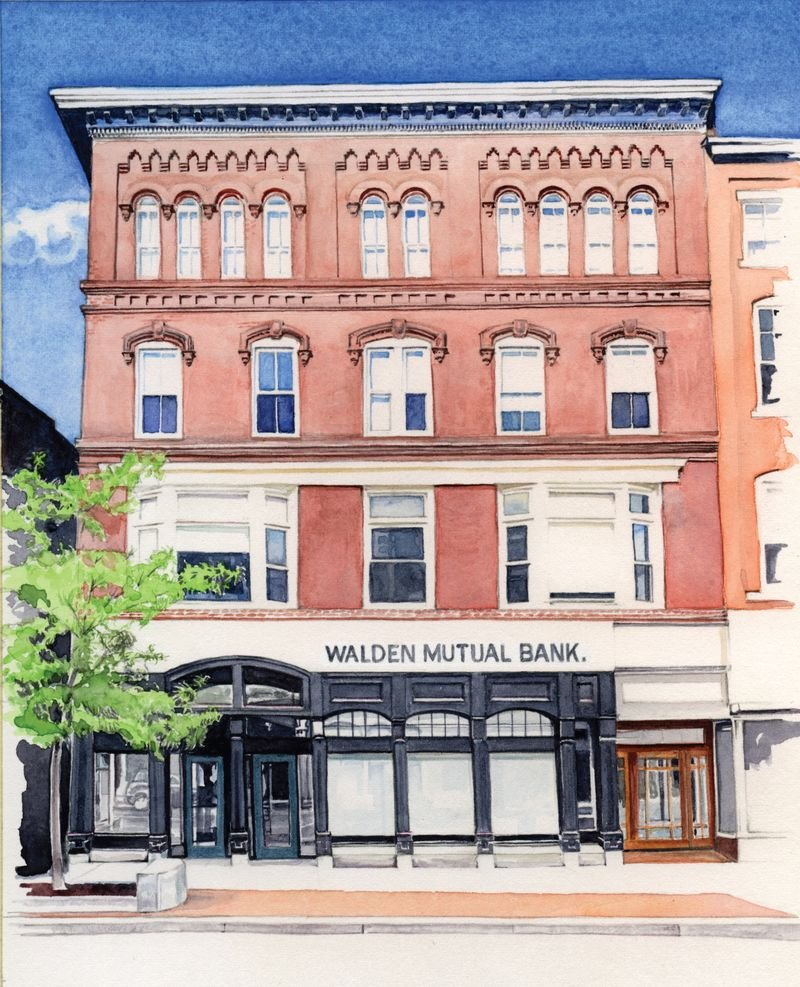
The following interview has been edited and condensed for clarity.
Mast Journal: How does Walden Mutual work?
Charley Cummings: A lot of people assume you take your money and you bring it to the bank and it goes in a safe. The current banking crisis that we're in has illuminated to a lot of folks that that, in fact, is not the case. What actually happens is the bank takes your deposits and lends them out to, in many cases, other consumers and businesses in the surrounding area.
Walden Mutual does a couple things differently. One, we're lending with intention and purpose in a specific sector, from an impact perspective. For example, as part of our underwriting criteria, we ask our borrowers to take an impact assessment that very closely mirrors the B Corp assessment. And we look to see progress in that assessment over time as part of the lending relationship.
I was sort of stunned when I read this, but about half of millennials bank with the four largest banks in this country, and those four banks are also the single largest funders of fossil fuel development in the world, to the tune of $1.2 trillion since 2015. In fact, there was a study done recently that said about $125,000 in a bank account with one of those four institutions is the equivalent of an entire year's worth of a carbon footprint for the average American.
We're trying to offer a very clear alternative to that. Not only are we obviously not investing in fossil fuels, but we're investing very deliberately in developing a more sustainable and vibrant food ecosystem. And our model better serves these borrower farms and businesses because we can be more helpful than just providing loans. We know all the metrics to look at and understand the business. We can connect folks with investors and customers and vendors and be what a bank was a hundred years ago.
MJ: That's incredibly interesting. Are there other banks like this?
CC: There are a handful of other banks that are doing interesting things from an impact perspective. Beneficial State Bank, out west, is one that comes to mind. And there are other B Corp banks that are dedicated to achieving a positive impact or just at the very least not investing in fossil fuels or tobacco or what have you. But I don't know that there's another bank that is dedicated to what I would describe as this local, tangible, and specific impact in the same way that we are. It's a very different thing to invest in farms and food businesses that you'll see in your community and you can drive to and visit and be a part of.
The other interesting thing we're trying to do is reconnect borrowers and depositors in a way that a bank would've done a hundred years ago and you really don't see anymore. The core customers of these borrower businesses are the same farmer's market shoppers that are engaged in the local food movement and that are our core depositors. So there's a lot of connections to be made there and we're just barely scratching the surface. But someday we want to be able to offer a reciprocal discount program where you use your debit card at our borrower businesses and that becomes a self-reinforcing ecosystem.
MJ: And so for a millennial living in New York City, for example, what is the difference in the banking experience at Walden Mutual versus one of the big four banks?
CC: I would say it looks no different with the exception of feeling good about the impact that your dollars are having in the world. So you can open an account on your mobile phone in about five minutes. You can do all your banking on your phone and you can do remote capture with a check on your phone. You can link it to external accounts instantly and transfer money in and out. You also have a debit card that you can use at any ATM in the world, with those fees reimbursed on a monthly basis up to $15. There are no foreign transaction fees on the debit card either.
If you go to open an account at another bank, you often have half a dozen options of different types of checking accounts and savings accounts. At the end of the day, especially for a younger consumer, the differences between the two have really blurred together. We wanted to design an account that really can serve all of your needs and then it's up to you whether you want to use it as a primary checking account or as a place for savings.
That’s called the Grow Local account. It is, in essence, a high-yield checking account that pays interest like a savings account, but has all the features of a checking account, like a debit card and no transaction restrictions and reimbursed ATM fees. There are actually not a lot of available bank accounts out there that pay the interest that we're paying, but also have no restrictions on monthly transactions and come with a debit card.
MJ: That sounds like a good deal! What is the Walden Mutual banking experience like for businesses?
CC: On the deposit side, we offer a commercial deposit product that has all the features you would need as a small business. You can have different users with different levels of access, and the same features from a transactional perspective: debit card, checks, and then some additional things that you wouldn't need on the consumer side, like links to accounting systems and payroll.
On the lending side, we lend everything from $50,000 to $10 million at a time. Everything from shorter term working capital, equipment, vehicles, and things like that, to longer term farmland, commercial real estate, and fixed assets. And again, everything from production farms through value-added manufacturing, distribution, consumer brands, trade brands, and everything in between.
MJ: The website says Walden Mutual acts as “a connective bridge between the ecosystem's many participants.” Is there an advisory aspect?
CC: There is, but it's not something we charge for. It's not really part of our business per se, but it's just something that comes very naturally to the group of people we have. It's very easy to facilitate connections across the ecosystem and ultimately we want to be helpful. We call our depositors partners for a reason. It's because we really see ourselves as their partners.
The other reason we call them partners is because they are owners. We are structured as a mutual, which is effectively a form of cooperative in which the bank is ultimately owned by its depositors. We don't have the same incentive structure that an investor-owned bank does because we didn't set this up to sell it. The reason we chose the structure is that it's forever and it's exciting for our team to try to build a hundred-year institution. And that has a different set of embedded incentives, when you're trying to build something truly for the long term versus to get the best result and flip it in the short term.
MJ: Can you please share what it means, exactly, that the depositors are owners of the bank?
CC: Cooperatives are a well known structure to most farmers because they work in the best interest of their customers because they're owned by their customers. The same is true here. We view ourselves as effectively working for our depositors. What that means is, ultimately profits go back to our depositors. Ultimately, we're not trying to maximize our quarterly earnings, we're trying to maximize the returns to our depositor partners.
MJ: How do depositors see those returns? In what tangible way do they receive profits?
CC: It can come to them in any number of ways. Obviously, first and foremost, through the payment of interest on their deposits, but also in the form of the year-end dividend or in the form of lower fees or higher benefits on the account. It could come in any combination of those things.
MJ: That makes a lot of sense. And that’s for both individuals and businesses?
CC: Yes. And one of the ways we've started down that road is we've introduced an annual farm dividend. You basically have the annual benefit of choosing a local farm or food business and each year you get a hundred dollars to spend there. We would love to enhance that benefit over time, but we view that as just recycling dollars into this community.
MJ: That’s a super cool benefit. Did you mention when you started the company?
CC: I stepped down as CEO at Walden Local about two years ago and started to put together the initial plans for the bank. We applied for the banking charter in late 2021, and we received a final charter and the FDIC insurance late last year. And we just opened the doors to depositors about a month and a half ago.
MJ: Oh wow. So very brand new. How has it been going since then? What feedback have you received both from individuals and businesses?
CC: Really good, really good. I could not think of a better tailwind than the current crisis we find ourselves in for a bank that is really, truly doing things differently. And part of it is just waking people up a little bit. People don't often switch bank accounts. So something like this has a catalyzing effect of just making people aware that where you bank matters. And it matters for multiple reasons, not just because you want to keep your money safe, but also because of where that money goes on the other side of the balance sheet.
MJ: Definitely. And what does your job entail? What is it like to be the CEO of a bank?
CC: I depend a lot on our team. We have a really amazing set of people that have a ton of experience, both in the banking world and inside food and farm businesses in the region. My job is articulating our vision and making myself useful to our set of partners. I spend a lot of time informally advising all of our partners wherever I can on fundraising or potential partnerships or new customers. Again, that's what a bank used to be, so I very much see that as the highest and best use of my time. I'm not just a corporate suit, so a lot of entrepreneurs in the space appreciate that. I’m that practical person to talk with because I've been in their shoes and made all the mistakes.
MJ: Is there a part of your job that kind of sparks the most joy? That you love the most?
CC: I love visiting businesses in the middle of nowhere that are just deeply, deeply held passion projects. I was recently introduced to this company called Badger, which is an organic sunscreen and skin balm company here in New Hampshire. I just went out to see what they were about. It is just this a totally family run business that produces this incredible line of organic products with a set of people, many of whom have worked there for two decades. They are a really notable B Corp that does right by all of their stakeholders. They feed all of their employees lunch every day in this beautiful post-and-beam structure that was actually built by the guy who started the business. Now, the business is run by his two daughters. And I just love digging into businesses like that and understanding them and trying to be helpful however we can because they wake up every day trying to do right by every stakeholder. And when you find that it's really, really special.
MJ: That’s so nice. And what are your future plans for the bank? What direction do you envision it'll be taking?
CC: Our mission is to enable anyone to achieve positive and lasting change in our local food ecosystem. For the foreseeable future, we have a lot of room to run there and a lot of work to do. My hope is that we can build a really functional community around that idea and just keep watching it snowball.
More from The Journal
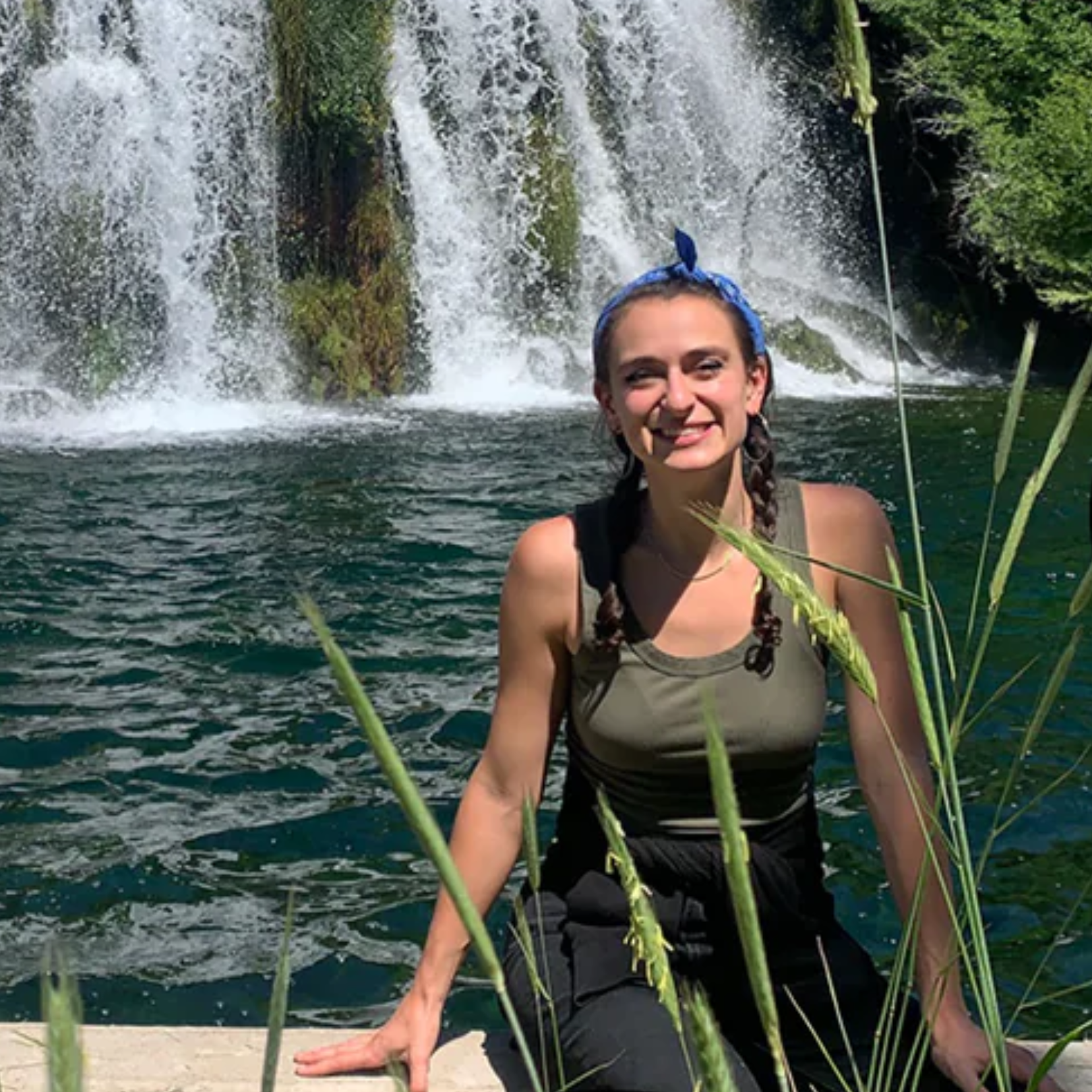
Gone Fishing with Becca Millstein
In conversation with founder and CEO of sustainable tinned seafood company, Fishwife.
Read more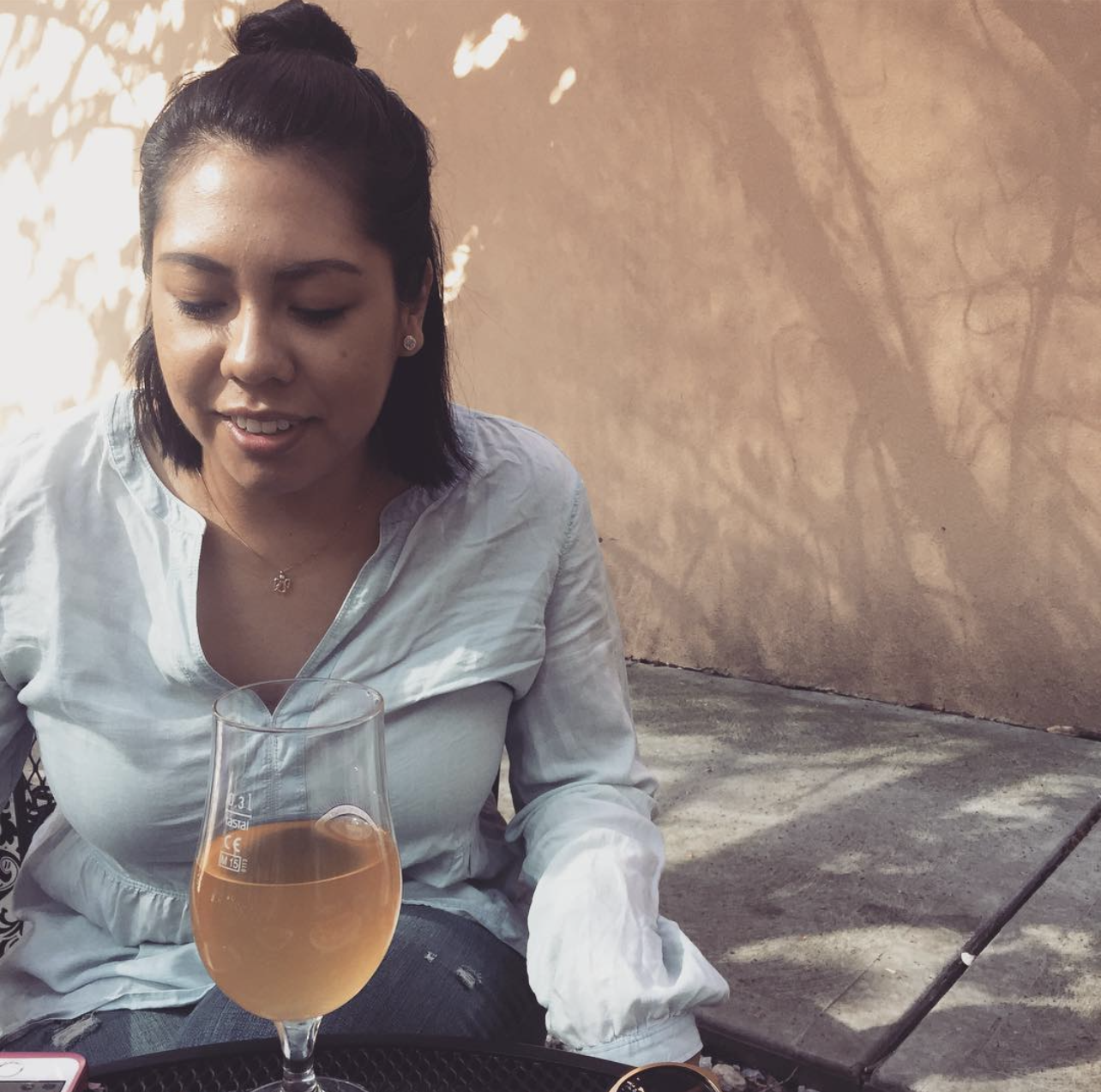
Supply In Command with Areli Pino
In conversation with Mast’s Supply Chain Director, Areli Pino.
Read more